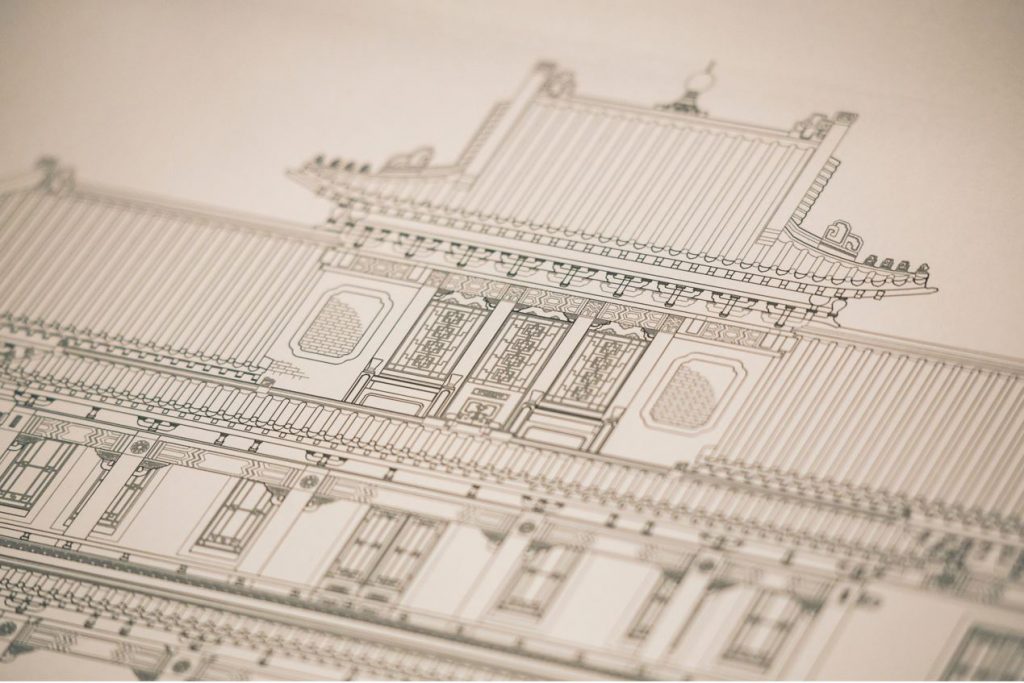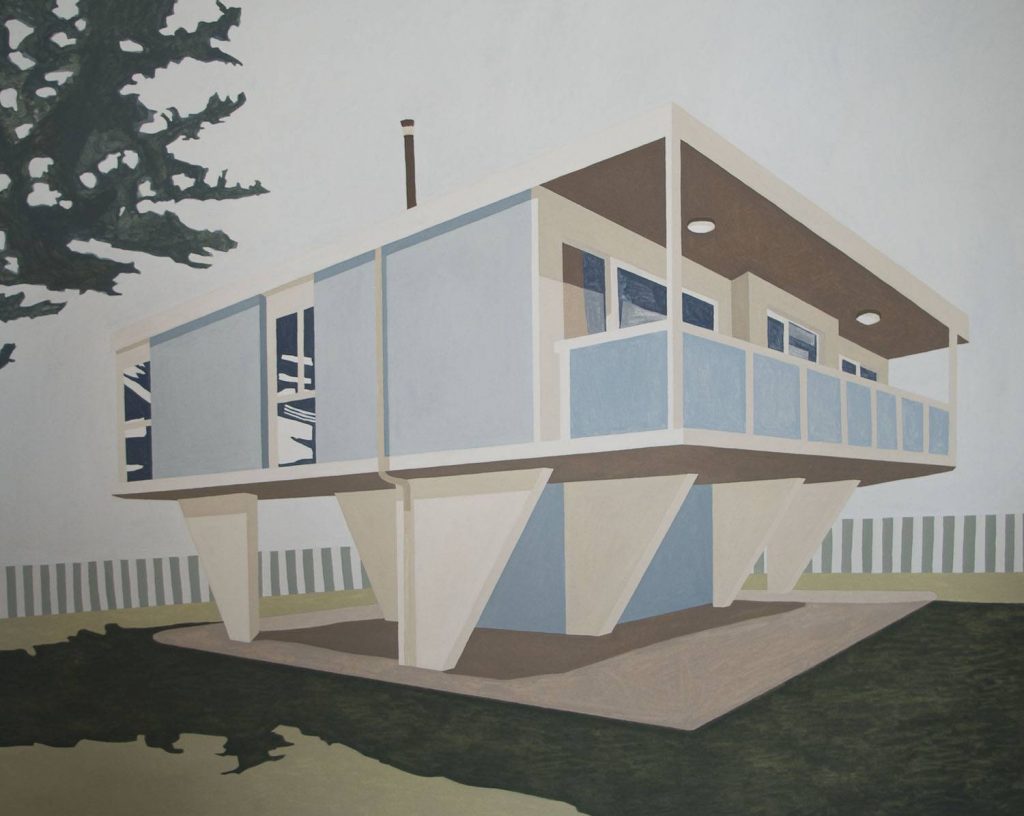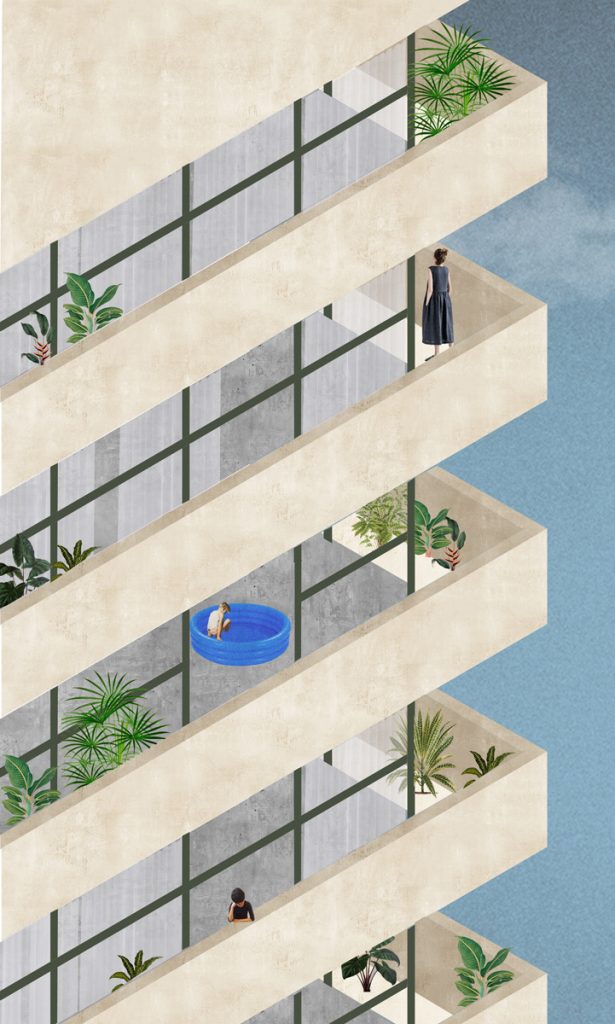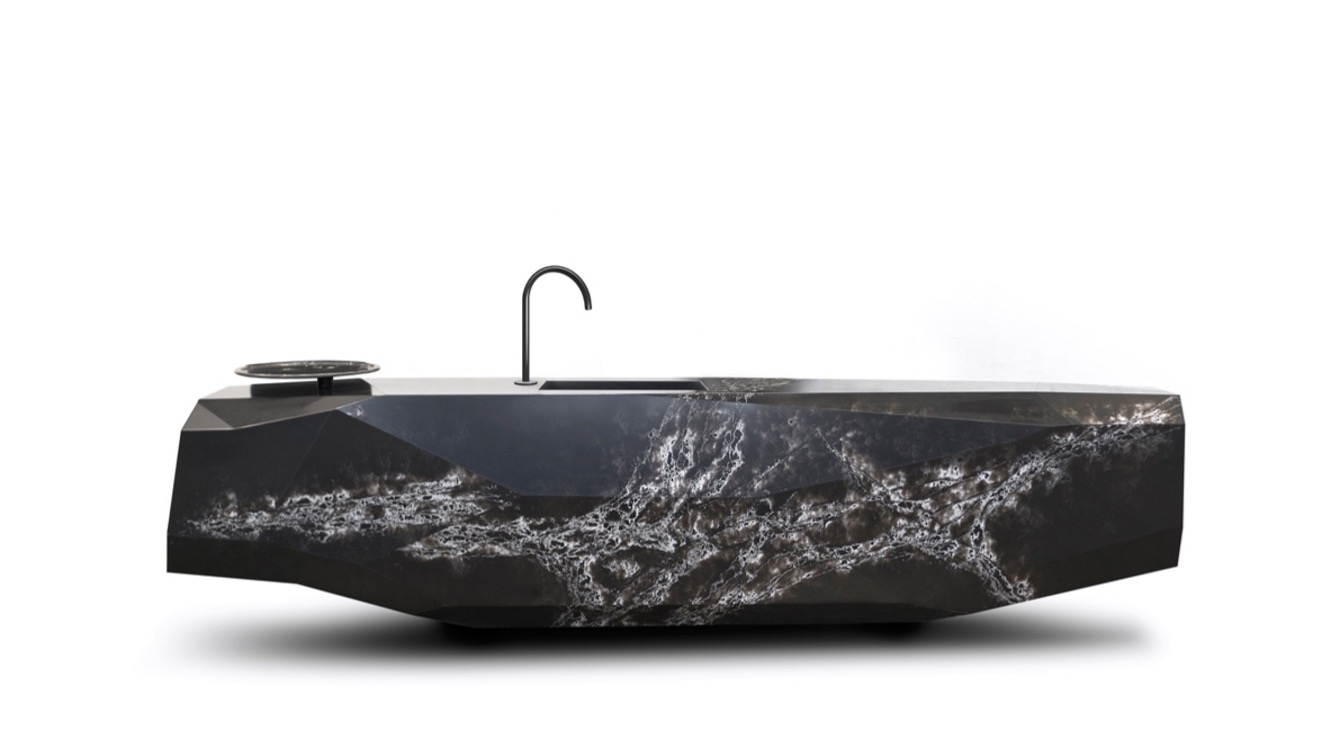In the same vein as ideas expressed through words or numbers, graphic design is a type of language enabling us to expand into infinite possibilities. Elements intertwine like a kind of syntax. They feed a framework with sections understood as simple interlinking units to facilitate length, area or volume.

Picture by Jimmy Chan from Pexels
This visual communication facilitates comprehension in blueprints to establish concepts and ideas through images. At the same time, it also tells stories, sparks emotions and captures spaces that teem with life. Graphic images substitute or imagine a reality through coding each unit of representation and are used as the basis to conceptualise projects in design and architecture. By substituting objects with graphic elements, designers and architects encapsulate notions and express themselves with control.
World Graphic Design Day is celebrated on 27th April and here at The Decorative Surfaces, we want to showcase how architecture and design effectively embrace this special language, spotlighting three examples where designers, draftspersons and architects intimately depict and interpret architecture.
Architectural drawing through the eyes of Thibaud Hérem
A specialist in architectural drawing, the precision lines of French-born Thibaud Hérem inspire humanist sensations in any observer. The distinctive personal style of his freehand designs spotlights the tiniest of details.
Through colours and linear techniques, Hérem transmits the utmost delicacy of existing buildings. The muse normally takes the shape of large capital cities where he has lived or spent some time. His geometric graphic series comes together on a basis of absolute purity, stasis and dynamism. His drawings encapsulate the luminous magic in each of the architectural designs found in the represented locations. In this sense, Miami, London or Seoul become familiar, historicist still lifes that brush against fundamental genre painting.
The polished technique of his line drawings is a clear example of how draughtspersons and illustrators use graphics to transmit a sense of inherent structure. Lines, dots, and angles transform into a support and technique englobing an act of visual communication.
Artistic exploration with an architectural approach from Eliza Gosse
Eliza Gosse’s exploration of life through architecture conjures artistic images that evocatively represent a period or a place. Her delicate, elegant and stylised work brims with nostalgia and imagination. Memory sits between closed and open spaces to express an architectural language distilled into design.

Back Under The Norfolk Pines Gulls Bickered On The Grass, by Eliza Gosse.
Gosse uses her long-abandoned architectural training to create structures that nourish the soul, following her own passion for architectural painting. The emerging artist from Sydney has won prestigious awards such as the Wynne Prize. Currently represented by the Olsen Gallery in Sydney and the Edwina Corlette Gallery in Brisbane, this promising artist embodies an individual and intimate approach to architecture.
Beyond rendering with Palma Studio
The use of computer programs is common in visual architectural language to evoke the reality of a burgeoning project structurally, technically and precisely. Nevertheless, beyond aesthetics, technique and precision, the inherent shortcomings of these formats become clear: a lack of emotion and daily life.
Palma Studio (Mexico) graphically interprets architectural projects through elements that provide the visual with a powerful emotional strength verging on nostalgia. Located in Mexico City and Sayulita, the studio provides solutions on a basis of immediate contextual analysis. Atmospheric architectures with a unique identity that move, belong and excite.

Chapter 1(2020) – This Seems a Home Exhibition./ Rose Gallery, California, EUA – Palma (Ilse Cárdenas, Regina de Hoyos, Diego Escamilla, Juan Luis Rivera). Source: https://palma-mx.com/
The studio’s renders capture a clear emotional reflection of its architectural projects. The style could be deemed as beyond digital, transcending the inherent hyperreality of the format. In using different techniques, the renders are imbued with a pure intimacy that takes technical inspiration from the 1960s and 70s. An ambience teeming with graphical elements that conjure an emotional language. This language has no need for words or an underlying storyline.

Chapter 1(2020) – This Seems a Home Exhibition. / Rose Gallery, California, EUA – Palma (Ilse Cárdenas, Regina de Hoyos, Diego Escamilla, Juan Luis Rivera). Source: https://palma-mx.com/
The Graphic Look
In short, the significance of visual communication comes from it establishing an innate syntax filled with signifiers. Dots, lines, curves and angles govern one another to conjure an interpreted reality seen through the eyes of these special designers, draughtspersons and architects and their skillful depiction of intimate architecture.

